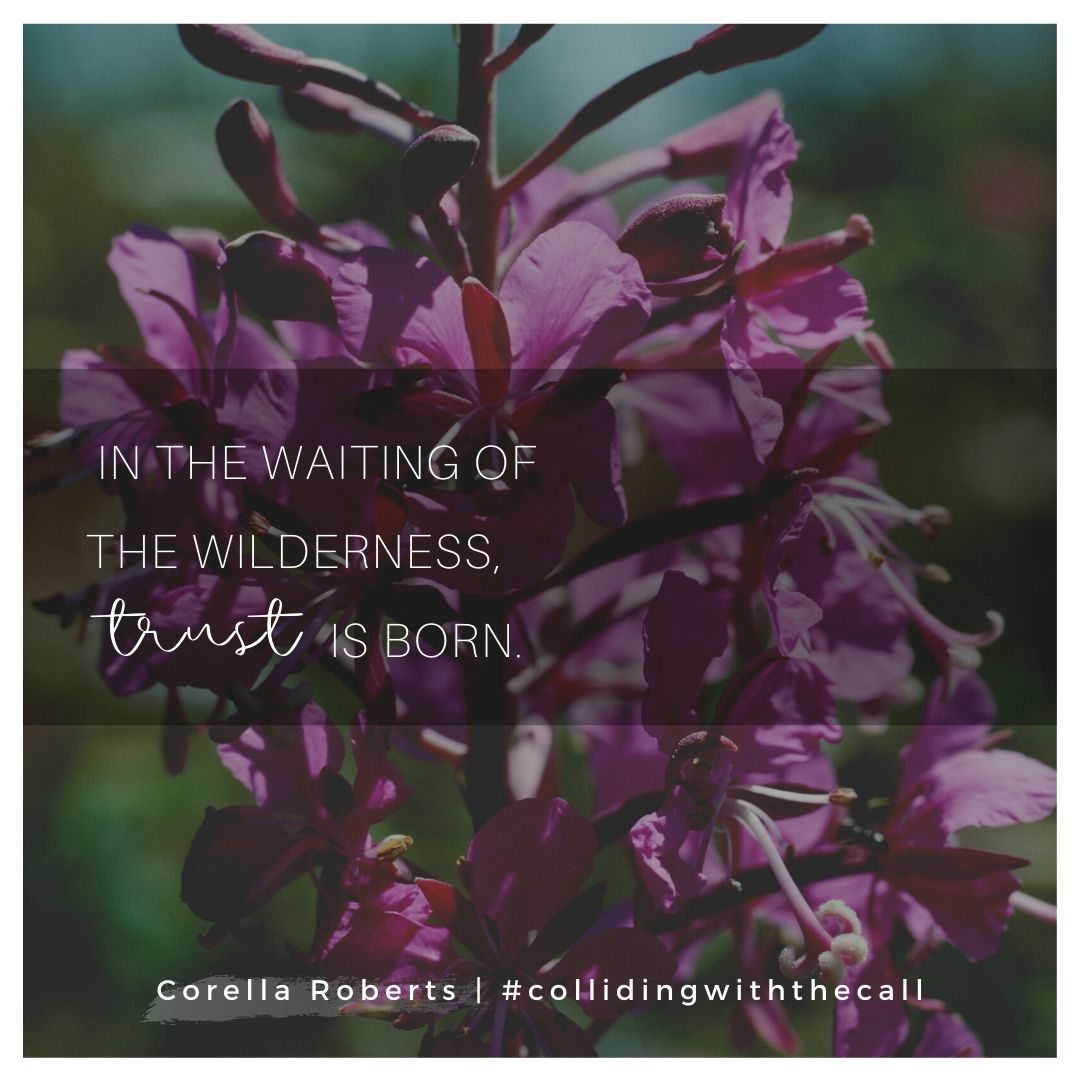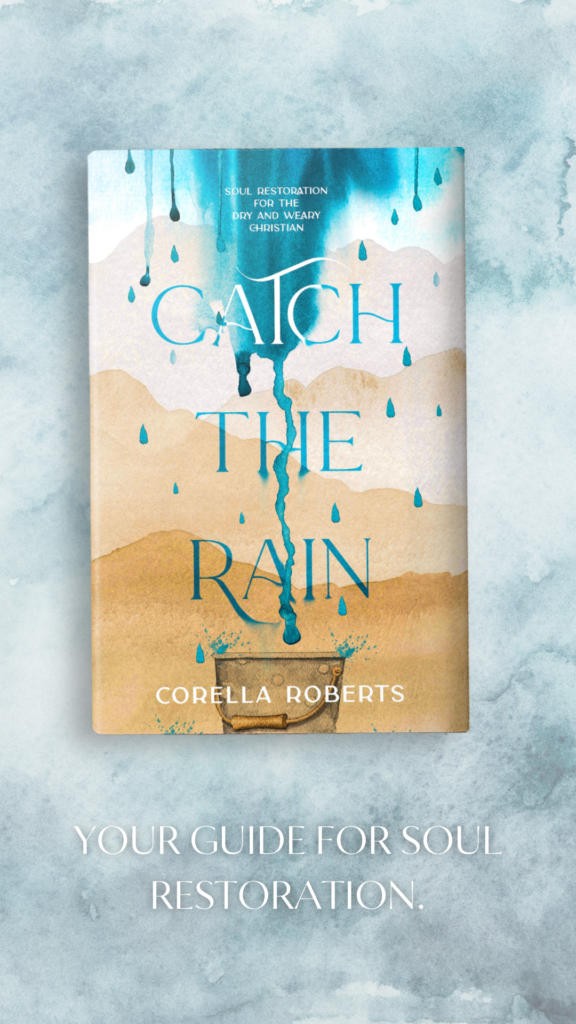Today’s post is dedicated to all of you who would prefer not to wax on poetically through long written prayers or reflections, but it’s also dedicated to those of you who, like me, thrive with just a bit of guided organization to your spiritual growth. We’re discovering the power of the list today.
Here is my list of 10 creative ways to use lists as an aide to personal and spiritual growth:
- Habit trackers
- Monthly lists of books, verses, quotes, and projects
- Helpful reflection questions
- Gratitude
- Sequence of emotions
- Dreams and goals
- Expectations and priorities
- Sensory input
- Pro- and con- lists
- Words of Jesus
See how clear and concise that was? You now know exactly what to expect from this article in a matter of moments. Lists are downright helpful, and you can utilize them in your relationship with God, too.
Because lists are all about simplicity, let me begin by saying you don’t have to do ALL the lists. I’ve seen some amazing ideas for the famous bullet journal, a tidy place to organize everything from your meal plan to your mood, but I want to encourage you not to view this as another thing to add onto your life. Instead, let’s think of it as a streamlined way to cooperate with one thing the Holy Spirit has been nudging you toward greater intentionality in.

DEVELOP HEALTHY HABITS WITH A LIST
Pause for a moment and ask the Lord for clarity in the one thing that will help you grow closer to Him right now.
It could be:
- Less social media
- More prayer
- More thanksgiving
- Better use of your time
- Regular exercise that connects with your body and soul
- Eating healthier
- Reading more scripture
- Memorizing verses
- Asking meaningful questions
- Daily silence
- More time reading
- Staying connected to loved ones far away
- Reducing spending
- More quality time with your family
- Even journaling!
Whatever it is, using a simple habit tracker like this can give you a quick way to assess how often you are actually doing it. (You can find 17 more habit tracker layouts and a ton of ideas here.)

Simply writing your goal and marking each day that you accomplish it will go a long way toward reaching it!
KEEPING TRACK OF WHAT MATTERS
Inspired by Emily P. Freeman’s The Next Right Thing Guided Journal, I’ve decided to add a few simple lists to my own journal. I want to be able to quickly glance back and see what has been most meaningful and formative in my life, so I now set up a couple of pages at the start of each month with space to record what I read, what I listened to, what I created, and favorite Bible verses and quotes.
I also have a list of questions that I reflect on at the end of each month. Questions like, what overall feeling describes this month? What expectations were met/not met? What brought joy? What were the greatest struggles? What is God inviting me into next? I don’t usually respond to these questions in a list format, but I suppose you could!
These lists and questions gather the things that influence me. They reflect what the Lord is doing in my life and through me, and I don’t want to forget them.
I also have a special page for practicing thanksgiving each month. If you do nothing else, I would highly recommend starting a gratitude list. Add to it daily or even weekly, and I promise that this one will be a game-changer. (I may or may not have used a gratitude list to specifically help me adjust my attitude toward my husband a few times. I love you, Babe!) You can shift your perspective away from negativity and onto God’s goodness and grace by pausing to record what you are thankful for.
LISTS TO HELP YOU NAVIGATE LIFE
You may even find it helpful to create a list of your emotions as you process through a difficult day or encounter. For example, let’s say your child won’t talk to you after school. You probe gently with the usual questions, but still nothing. You invite conversation whenever he is ready, but he storms into the house and sulks in his room. You offer a snack and are yelled at to go away. So you demand a more respectful response, which evokes the right words with the wrong attitude. You yell back and toss an unrelated consequence over your shoulder as you leave. You shake your head and stomp around for a minute before letting some tears loose. Finally, you return to apologize and again offer a listening ear when he is ready.
As you think back over the incident, a corresponding list of emotions might look like this:
- Curiosity
- Concern
- Rejection
- Anger
- Frustration
- Guilt
- Sorrow
- Concern
Looking at this flow of emotions and what tipped you toward an unhealthy response can reveal wounds, sin, and a better path forward next time, with God’s help.
It’s also a beautiful practice to write down all of your dreams and lay them before the Lord, and to list out all the expectations and pressures you feel and ask God which ones you need to release to Him. Of all the things you do, what does He want you to focus on? Are your priorities in line with His? Listing them out can make this clear.
When you’re feeling anxious or overwhelmed, try listing things you observe with your senses. What do you see? Hear? Touch? Smell? Taste? You’ll feel more calm and centered after noticing what is around you. (This one can work with dysregulated kids, too!)
And, of course, who doesn’t love the classic pro- and con- list when making a big decision?
Here’s one more fun list to try–ask Jesus what He thinks of you and list every word that comes to mind.
WHERE TO KEEP YOUR LISTS
Over the years, I’ve tried having separate notebooks and journals for all the things–my prayer lists, inspirational quotes, poetry, Bible study, regular ol’ journaling–and I just could not keep it up. When I wanted a particular notebook I wouldn’t know where it was, or if I wanted to find an answer to prayer I couldn’t remember if I’d written it in my prayer journal or my regular journal. I’ve since discovered that I do so much better if I just keep all of my personal reflections in one place.
This is why I love the idea of the monthly tracking lists. I can slap a sticky-note on the page that starts each month and quickly flip there to jot down the name of the worship song I discovered or the verse that stood out to me. Easy to find. Easy to do.
I do, believe, though that it’s important to keep your to-do lists and grocery lists in a separate place. They’re too much of a distraction when you’re trying to reflect on the deeper heart spaces.
THE BIG PICTURE
Like any form of writing, lists are intended to be your aide, not your master. Use them to the degree that they are helpful, ditch them when they’re not.
So, I have one final list of recommendations for you:
- Start a simple list, focused on one growth area
- Keep it in an obvious place, separate from to-do/to-buy lists
- After using it for a month, reflect on it to see where God has been shaping you
- Change up your list(s) as needed–gratitude one month, verses to memorize the next, daily habits after that
- Use a list to get the tangle of emotions, expectations, and decisions out of your head
I’d love to know, how are you already using lists in your spiritual life? What do you want to try recording in a list?











No Comments